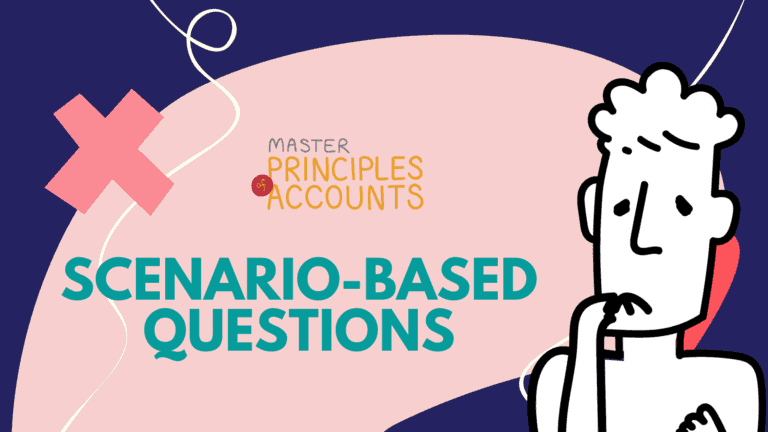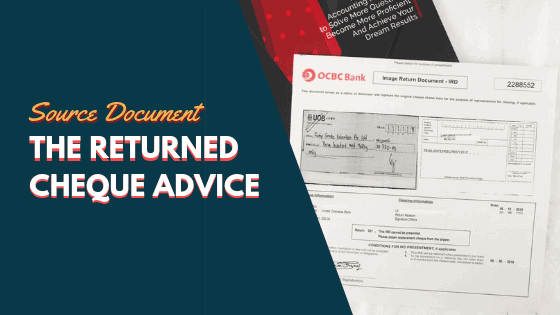Allowance for impairment of trade receivables
What is Allowance for impairment of trade receivables? The allowance for impairment of trade receivables estimates the percentage of accounts receivable that are expected to be uncollectible. The percentage estimated is usually based on historical credit loss experience An allowance for impairment of trade receivables is considered a “contra asset,” because it reduces the amount…











